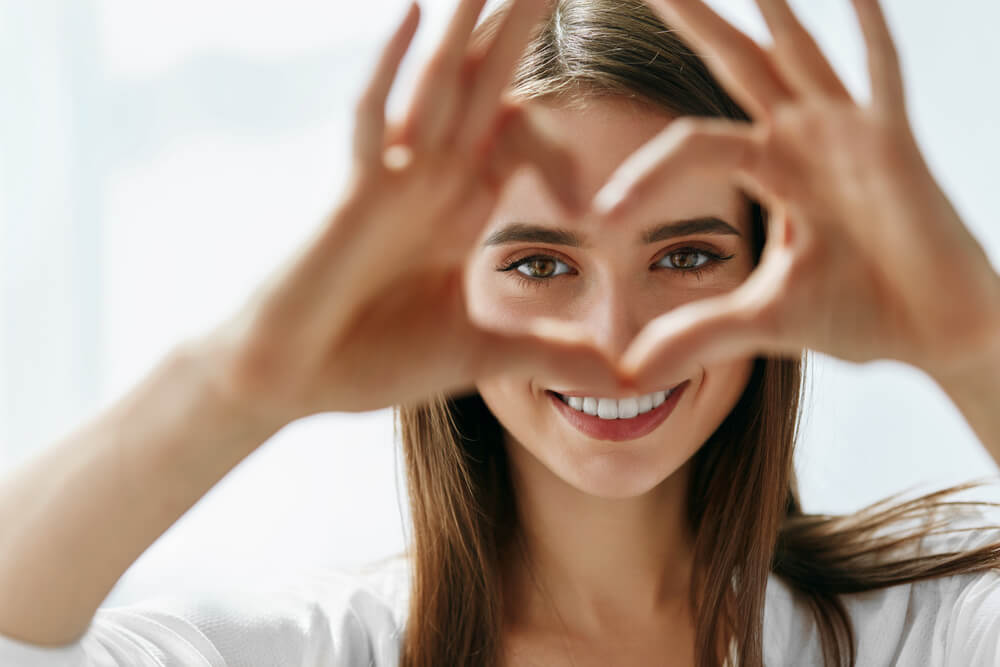All Categories
Featured

While lots of people understand the value of protecting their skin from the sun, the damaging effects of ultraviolet (UV) rays on eye wellness often go neglected. Excessive direct exposure to UV radiation can lead to a variety of eye issues, some of which can result in permanent damage. Whether you're absorbing the sun on a summertime day or walking outdoors on a gloomy mid-day, protecting your eyes from UV rays is necessary. Here's what you require to learn about the impacts of UV radiation on your eyes and how to safeguard them.
What Are UV Rays? UV rays are a kind of electro-magnetic radiation sent out by the sun. They are classified into 3 kinds:
UVA Rays: These pass through deep into the skin and eyes and can add to lasting damages. UVB Rays: These rays are more extreme than UVA and are mainly in charge of surface-level damages to the eyes and skin. UVC Rays: These are one of the most dangerous but are mainly absorbed by the Planet's ozone layer and do not usually reach us. UVA and UVB rays are the main offenders behind eye-related damages.
Short-Term Results of UV Exposure on the Eyes. Also temporary direct exposure to extreme UV rays can hurt your eyes. One typical condition triggered by this is photokeratitis, or "sunburn of the eye." Signs of photokeratitis consist of:
Agonizing, red eyes. Sensitivity to light. Tearing or too much watering. Short-lived vision loss or blurred vision. Photokeratitis is normally temporary, however it acts as a warning of just how damaging UV direct exposure can be, also in tiny doses.
Long-Term Results of UV Exposure. Prolonged direct exposure to UV radiation can result in much more severe and long-term eye problems, such as:
Cataracts: UV rays can speed up the formation of cataracts, a problem that creates clouding of the eye's natural lens, bring about blurry vision and, if untreated, loss of sight.

Macular Deterioration: UV exposure can damage the retina, especially the macula, enhancing the danger of age-related macular deterioration (AMD), which affects main vision.
Pterygium: A development of cells on the white component of the eye that can cross the cornea, causing pain, redness, and vision issues.
Pinguecula: UV exposure can create yellowish down payments to base on the conjunctiva, causing irritability and dryness.
Skin Cancer Around the Eyes: The delicate skin bordering your eyes is extremely vulnerable to UV radiation, boosting the threat of skin cancers like basal cell carcinoma and squamous cell cancer.
Exactly How to Shield Your Eyes from UV Rays. Safeguarding your eyes from UV rays is simple and needs a couple of mindful habits:
Buy Quality Sunglasses: Choose sunglasses that block 100% of UVA and UVB rays. Search for tags that specify "UV 400" security. Wrap-around designs are suitable as they obstruct UV rays from the sides too.
Put On a Wide-Brimmed Hat: A hat with a brim at least 3 inches vast can substantially decrease UV direct exposure to your eyes and face.
Limitation Direct Exposure Throughout Height Hours: UV rays are toughest in between 10 a.m. and 4 p.m. If you should be outdoors throughout these hours, make certain you're properly shielded.
Don't Be Misleaded by Clouds: UV rays can penetrate via clouds, so it is necessary to use sunglasses even on cloudy days.
Safeguard Your Eyes Year-Round: Snow, sand, and water can reflect UV rays, increasing their effects. Eye defense isn't simply for warm summer season days-- guarantee you're covered in all seasons.
Usage UV-Blocking Contact Lenses: Many call lenses now feature UV security. If you use get in touches with, ask your ophthalmologist about lenses with integrated UV filters for added security.
Encourage Eye Security for Kid: Children's eyes are more conscious UV rays since their lenses are clearer, permitting even more radiation to reach the retina. Ensure they wear sunglasses and hats during outside activities.
Routine Eye Tests. Routine exams with an eye treatment expert are essential for early detection of any kind of UV-related damages. An eye doctor or eye doctor can examine your eyes, suggest protective steps, and find conditions like cataracts or macular degeneration beforehand.
Final thought. By putting on UV-blocking sunglasses, restricting sun exposure throughout height hours, and remaining consistent with eye tests, you can guarantee your eyes stay healthy and balanced and your vision remains clear for years to come. Safeguarding your eyes from UV radiation isn't simply regarding convenience-- it's an essential action in protecting your long-lasting eye health.
Latest Posts
Trusted Eye Center South - Local Eye Care Specialist: Local Experts for All Your Eye Needs.
South Eye Center - Trusted Eye Care Experts Nearby: Comprehensive Eye Exams & Treatments.
City Detroit's Bath Fitter: A Quick Fix for Weary Shower Rooms
More
Latest Posts
Trusted Eye Center South - Local Eye Care Specialist: Local Experts for All Your Eye Needs.
South Eye Center - Trusted Eye Care Experts Nearby: Comprehensive Eye Exams & Treatments.
City Detroit's Bath Fitter: A Quick Fix for Weary Shower Rooms